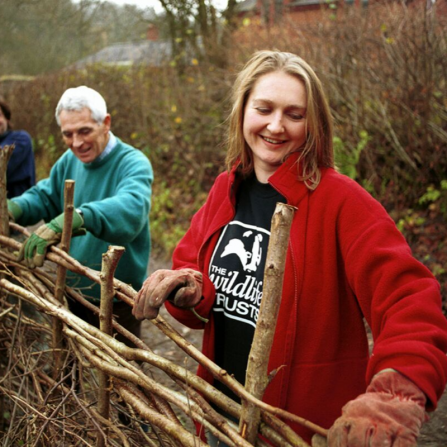These are extraordinary times, a phrase you will have heard repeated many times I’m sure. Like any pandemic, the link to nature is close, and for all of human might, we are but fragile creatures it would seem. Some say that as habitat and biodiversity loss increases globally, the Coronavirus (COVID-19) may just be the beginning of mass pandemics.
The source of COVID-19 is believed to be a “wet market” in Wuhan, China, which sold both dead and live animals. The virus is thought to have jumped from animals to humans. Since it emerged from China at the beginning of the year, it has now spread to every country in the world, leaving hundreds of thousands dead or seriously ill. I myself have had it, but am now fully recovered.
The UK lockdown continues with schools, pubs, restaurants, cafes, gyms and other businesses, including environmental charities like BBOWT, other Wildlife Trusts, National Trust, RSPB and the Woodland Trust, under lockdown measures.
To comply with government guidelines and restrictions, here at BBOWT we’ve closed our visitor and education centres, and car parks to nature reserves, and can only undertake essential work on nature reserves.
Our field staff are not considered to be key workers and our work is considered non-essential. Like most other businesses and charities, when we were told to stay at home, we moved our staff to home working where possible.
The impact on BBOWT is significant. Closing services means we are losing vital income. Some members are leaving too, worried about money and the future in a post-COVID world. This is an understandable, immediate response. We would urge members who are thinking of leaving to chat to us before doing so.




